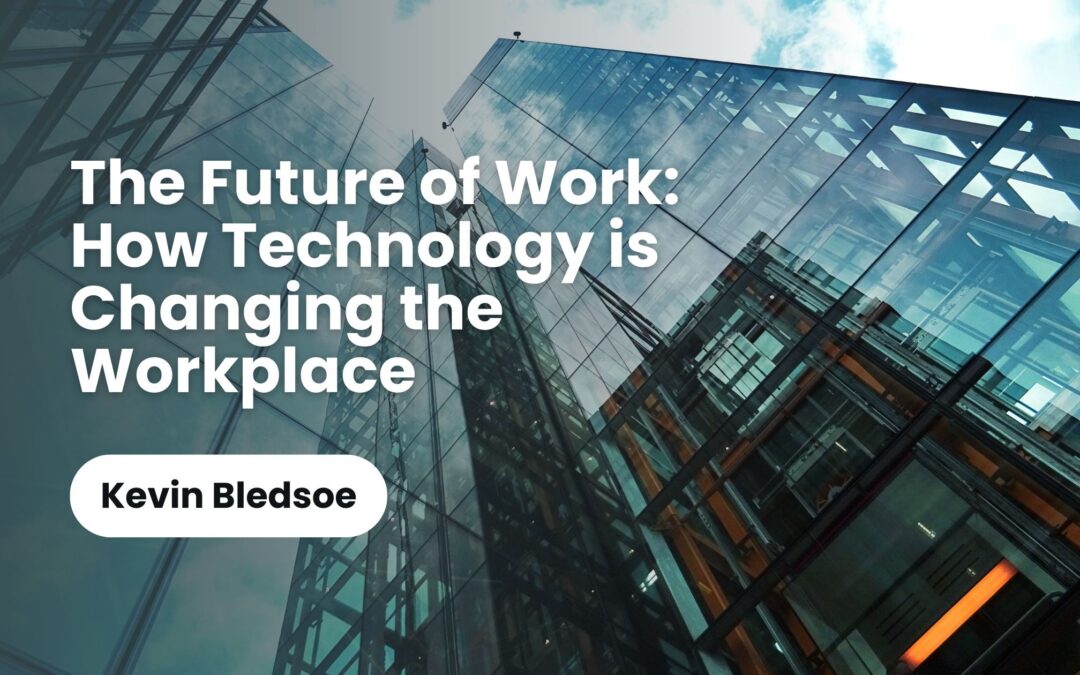The rapid advancement of technology is revolutionizing every aspect of our lives, including how we work. Technology is reshaping the workplace unprecedentedly, from automation and artificial intelligence to remote collaboration tools and digital platforms. Technology is changing the future of work for both employees and employers.
Automation and Artificial Intelligence:
Automation and artificial intelligence (AI) transform the workplace by taking over repetitive tasks and augmenting human capabilities. As technology continues to evolve, more jobs will become automated, leading to a shift in the workforce. While this may cause some concerns about job displacement, it also presents new opportunities for upskilling and reskilling. Employees can focus on higher-value tasks requiring creativity, critical thinking, and emotional intelligence, while AI handles routine activities, increasing productivity and efficiency.
Remote Work and Collaboration Tools:
The COVID-19 pandemic accelerated the adoption of remote work, which will likely continue as a prominent feature of the future workplace. Advancements in communication and collaboration tools enable employees to work seamlessly from anywhere worldwide, breaking geographical barriers and allowing for more flexible work arrangements. Virtual meetings, project management software, and cloud-based file-sharing platforms have become essential in facilitating remote collaboration and ensuring teams stay connected and productive.
Gig Economy and Freelancing:
Technology has also fueled the rise of the gig economy and freelancing. Digital platforms and online marketplaces connect businesses with independent contractors, enabling companies to tap into a global talent pool on demand. For workers, freelancing offers flexibility and the opportunity to work on diverse projects. However, it also brings challenges such as income instability and lack of benefits. As the gig economy expands, policymakers and businesses must address this growing workforce’s evolving needs and rights.
Augmented Reality (AR) and Virtual Reality (VR):
Augmented reality (AR) and virtual reality (VR) technologies transform training, simulations, and remote collaboration. Industries such as healthcare, manufacturing, and retail leverage AR and VR to provide immersive learning experiences, simulate real-world scenarios, and enhance customer interactions. These technologies enable employees to acquire new skills safely, strengthen decision-making, and improve overall performance.
Data Analytics and Decision-Making:
The abundance of data generated by technology is reshaping decision-making processes. Organizations can collect and analyze vast amounts of data to gain insights into customer behavior, market trends, and operational efficiency. This data-driven approach allows for more informed decision-making, enabling businesses to identify opportunities, optimize processes, and deliver personalized experiences to customers. As technology evolves, advanced analytics, machine learning, and predictive modeling will become increasingly valuable for businesses seeking a competitive edge.
The future of work is being shaped by technology, bringing both opportunities and challenges. Automation, remote work, collaboration tools, the gig economy, augmented reality, virtual reality, and data analytics are examples of how technology is transforming the workplace. Individuals and organizations must adapt and embrace lifelong learning as these changes unfold. Upskilling and reskilling will be crucial to remain relevant in a technology-driven world. By understanding and harnessing the power of technology, we can create a future of work that is efficient, inclusive, and empowers individuals to reach their full potential.

